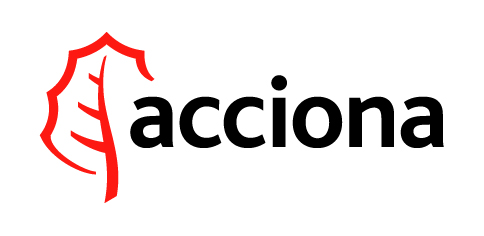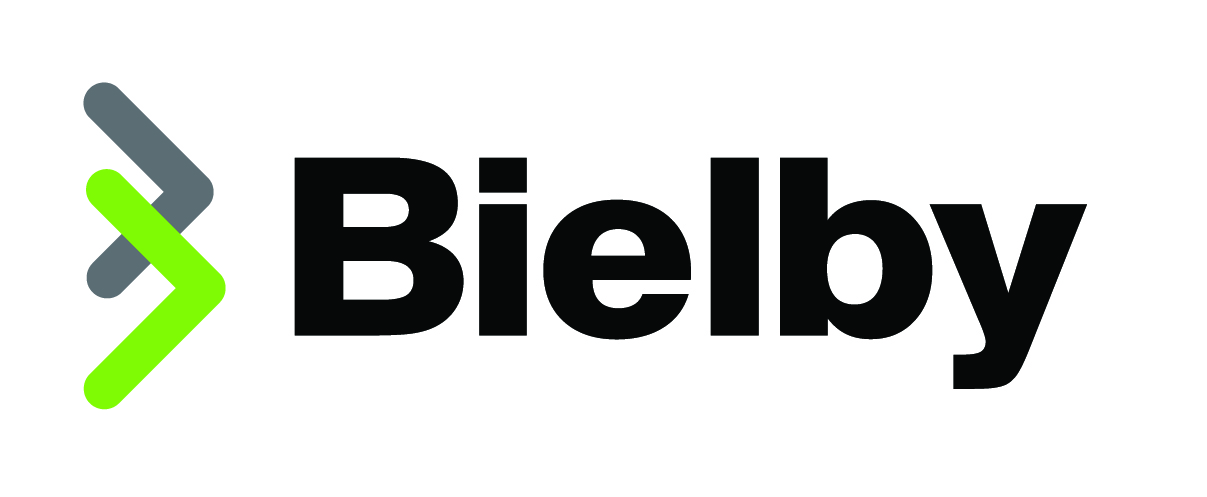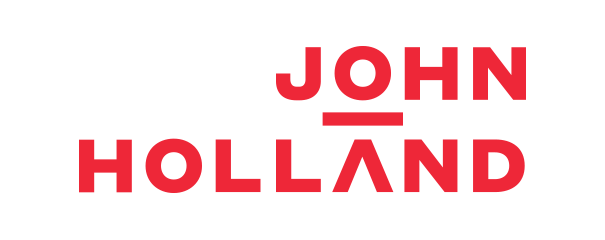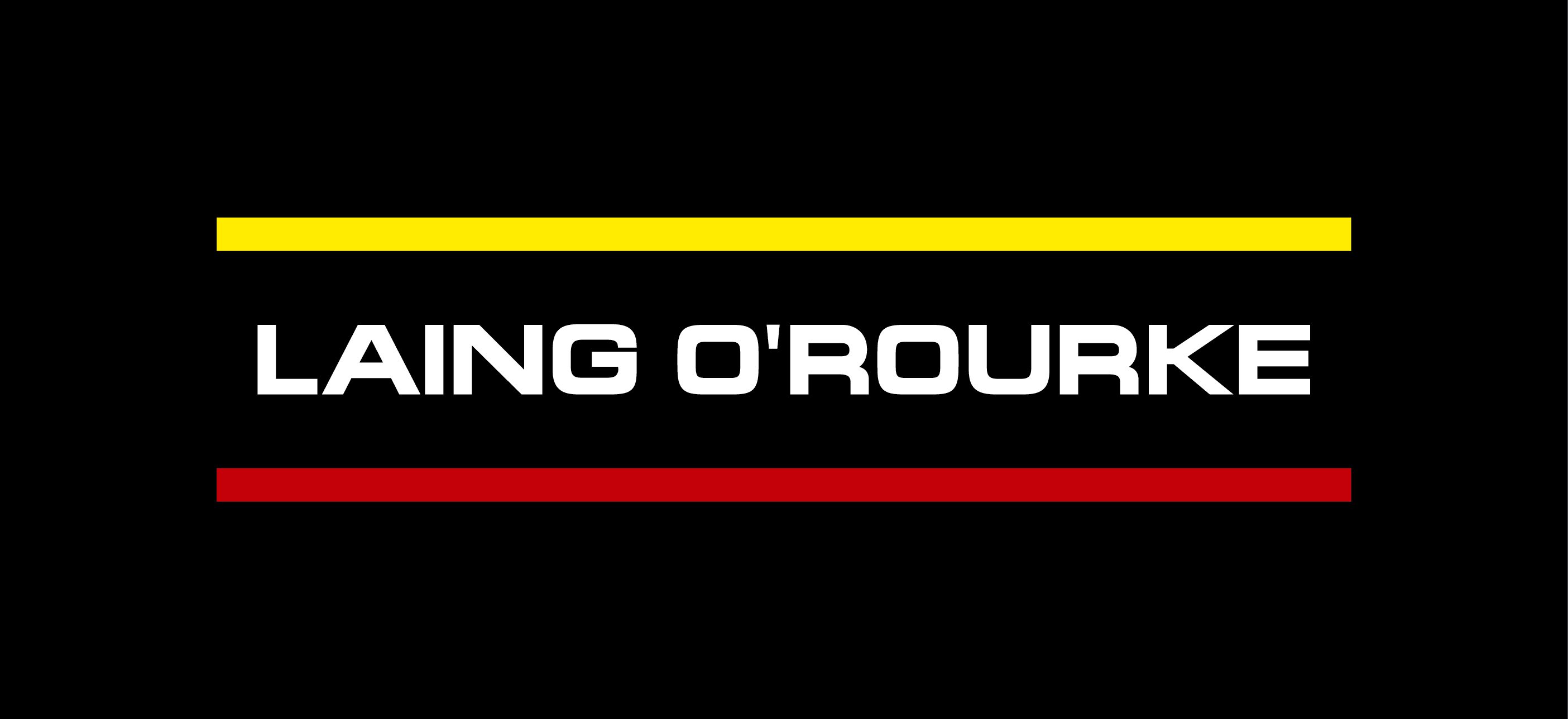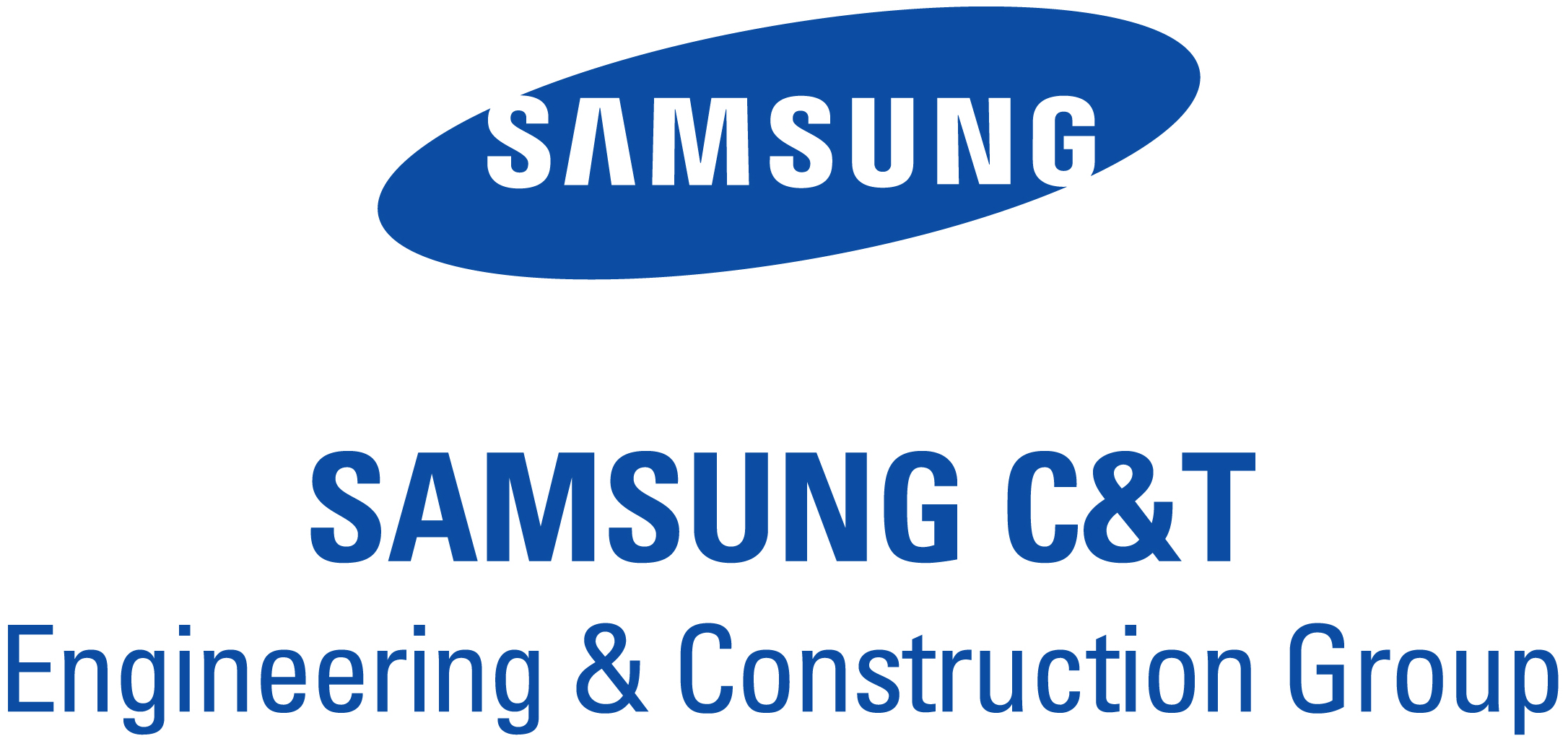QMCA, in partnership with Consult Australia, recently embarked on a project to review issues faced in the critical relationship between design consultants and contractors. The ultimate aim of the project is to improve this relationship and increase collaboration for the benefit of all.
The project kicked off with two workshops focused on identifying the main barriers to improved relations and establishing working groups to investigate how these barriers can be removed. In order to provide an outside perspective, a cultural anthropologist was engaged to observe interactions and discussions during the workshops and provide a report with his findings.
Entitled Truth and Reconciliation – How Anthropology Can Improve Relations Between Consultants and Contractors, the report outlines the cultural and societal barriers that act as impediments to collaboration between two core drivers of infrastructure delivery.
Author of the report, Kevin Porter, of Anthropogenesis, believes that change is only possible if the infrastructure industry if several vital concepts are embedded from the top to bottom of organisations “The Queensland Infrastructure Industry, has a culture problem. Some of this problem originates from within the male-centric national culture and identity that exists in Australia, with the rest stemming from the organisational cultures of the companies and businesses that make up the industry.”
“A challenge the industry faces, which is partly being addressed by increased female participation, is the widespread prevalence of ‘toxic masculinity’. For example, the fear of being seen as weak or inferior by others leads some men to close up, become aggressive and refuse to cooperate or communicate effectively with those around them.”
“Once barriers are in place, then change is virtually impossible.”
“From an organisational perspective, Kevin identifies the significant positive changes that have occurred, but identifies room for improvement in others “Most of the problems stem from the organisational cultures centre around concepts such as communication, collaboration, trust, knowledge, risk assessment and value.”
“Organisations have to examine their own company culture to determine what their problems are and where their weaknesses lie. There is no ‘one size fits all’ solution. They have to communicate this with all of their stakeholders and agree on a plan of action that centres around a collective plan of cooperation. This means companies need to share pertinent knowledge and information.”
When looking at transformative industries, Kevin highlights the cultural change that has been undertaken in the Australian Defence Force as an example of how culture can change and change quickly. “The Australian Defence Force was used as an example because it has to deal with Australian toxic masculinities amongst its recruits and does so successfully, using its understanding of many of the concepts discussed in this report and by creating a strong and active culture and identity.”
“Indeed, the unacceptable behaviour exposed in the ADF in the last ten years prompted wholesale positive cultural change without any detriment to performance and operational efficiency.
QMCA CEO, Jon Davies, welcomed the report and its warts and all approach to change “As an industry we know we need to improve. In some areas, we are leaders and in others, we must work harder to change our culture and drive collaboration and information sharing.”
“While this report focusses on Contractors and Designers, the issues Kevin has identified and the solutions offered are applicable across the wider sector. From project owners to the smallest subcontractor, performance and sustainability can only be driven through improved communication and collaboration.”
“But to improve, we must look at our collective culture and strive to adapt and change.”
